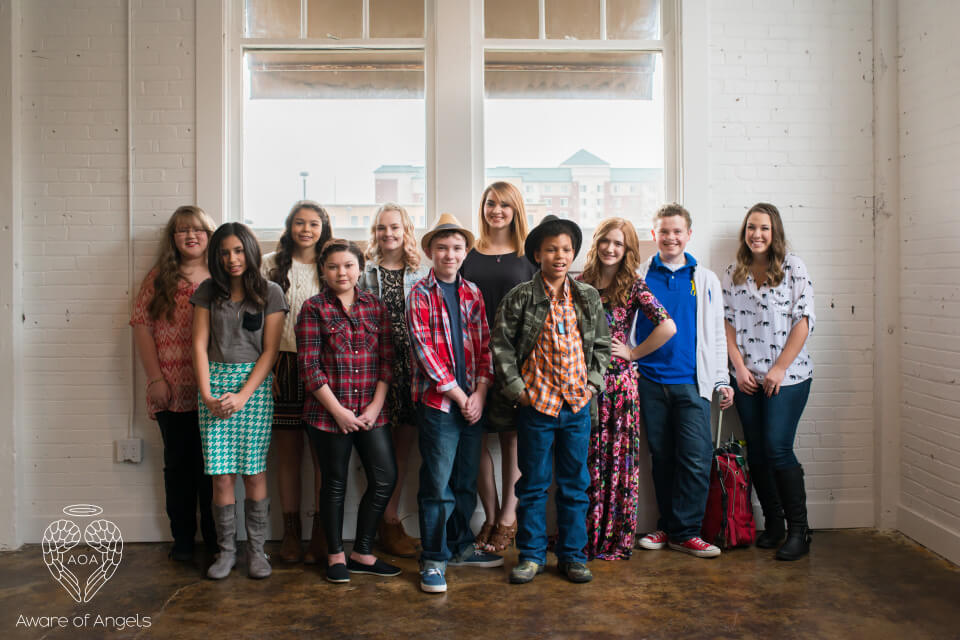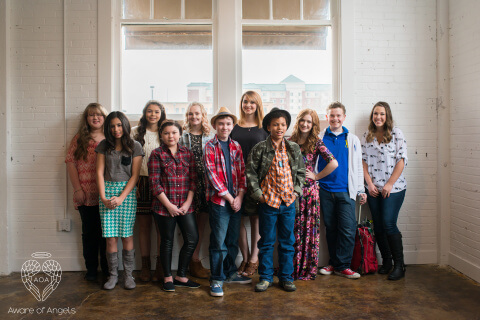Park City’s Gina Szajnuk should be living the dream.Her husband Justin Zanik is the assistant manager for the Utah Jazz and, together, they have three children, Ava, 8, Oskar, 6, and Lucy, 4.
The problem is that she and her children suffer from serious ailments that remain undiagnosed.
The family has been to seven hospitals in four states and has seen more than 50 specialists but to no avail. No one can pinpoint what is causing the ailments and how to treat them.
“This is what we call the ‘diagnostic odyssey,'” Szajnuk said during an emotional interview with The Park Record. “Our odyssey has spanned more than five years.”
Adding to the load is the financial burden that can’t be lifted because undiagnosed patients are excluded from receiving money to help with their medical expenses.
“I don’t think people understand what the undiagnosed community is going through,” Szajnuk said. “The financial hardship of having four people in one family living in a diagnostic odyssey is overwhelming, so you can only imagine what other families are going through. Things have to change financially and emotionally.”
This is the main reason Szajnuk co-founded and serves as executive director of the Rare and Undiagnosed Network (RUN), a nonprofit that offers emotional and financial help to families whose members live with a rare or undiagnosed disease.
“RUN gives families a voice by sharing their stories,” Szajnuk said.
“RUN aspires to provide strategic and effective resources for support, diagnosis, and treatment of rare and undiagnosed diseases as well as to set the standard of care for all families on a diagnostic odyssey by making whole genome sequencing available to them through their insurance company.”Undiagnosed diseases also fall under the rare-disease umbrella, yet, many people who are undiagnosed and suffering can’t apply for certain financial aid and benefits and websites because they lack diagnosis, according to Szajnuk.
“We are trying to change that thought process,” she said. “We want people to recognize that we are diagnosed because we are undiagnosed.”
To help these families, RUN is partnering with Papa Murphy’s Pizza in Park City and its owner Michael Lasater to raise funds for RUN. Through May 1, Papa Murphy’s will donate 20 percent of sales to RUN.
“I’ve never solicited for funds because I’m a little intimidated of asking people for money for RUN,” Szajnuk said. “The one time our family has fun is on Friday nights when we get our pizzas and since we go to Papa Murphy’s every week, I thought this would be an easy introduction. And Michael has been so supportive.”
The money will help with a couple of RUN programs.
“We’re going to have an event at the National Ability Center on May 14 for these undiagnosed families,” Szajnuk said. “While the NAC is donating the activities, we need to come up with the food and drinks. So, we’re hoping some of the money raised will help with that.”
The money will also help the families pay for medical bills.
“Many of these families have racked up a lot because of the services they need,” Szajnuk said. “So, this is for all of the other families that need help financially.”
In addition to the fundraiser, RUN will observe an Undiagnosed Day on Friday, April 29.
“Undiagnosed Day is a day to recognize that being undiagnosed is a diagnosis,” Szajnuk explained. “We have a lot of families that call this the diagnostic odyssey and it takes an average of seven years of seeing doctors and specialists until some of them get a diagnosis. Many still don’t and they get lost in the system.”
Undiagnosed Day, which was proclaimed by Governor Gary Herbert, is intended to raise awareness.
“We are trying to get a social media and national campaign started,” Szajnuk said. “There is a lot out there that needs to be changed for families that live without a diagnosis.”
Raising awareness is also a way for the undiagnosed to get their feet in the door of genome sequencing, which is a laboratory process that determines the complete DNA sequence of an organism’s genetic material at a single time.
“We have come out of the walls of the hospitals and into the world of genetics to find our answers,” Szajnuk said. “We’re trying to raise the awareness so after we see three doctors, we can have someplace to turn. We want to get the standard of care changed so people don’t have to go all over the place.”
As of now, the undiagnosed community falls in the rare-disease category, but are still unaccounted for.
“0ne in 10, which is 290,000 Utahns, and 30 million people in the United States have been diagnosed with a rare disease, and 350 million people in the world live with rare diseases,” Szajnuk said. “Those numbers don’t include the undiagnosed community because no one has done that survey. This is why we need to be our own community so we can have numbers to report so we can receive help and funding.”
In addition to RUN, Szajnuk is the Utah state ambassador for National Organization for Rare Disorders (NORD) and 2016 chairwoman for the rate disease advocacy group Utah Rare.
“I’ve been able to provide emotional support and be a platform for their voices, but there is a lot more that needs to be done,” she said. “There are more and more people who are becoming undiagnosed.
“I have my own family, but also my rare-and-undiagnosed family and I would go to the ends of the Earth for them,” she said. “They’re in my heart every day and raising awareness for them and their journeys is something that has to be done.”
For more information about Rare and Undiagnosed Network and Undiagnosed Day, visitrareundiagnosed.org .




